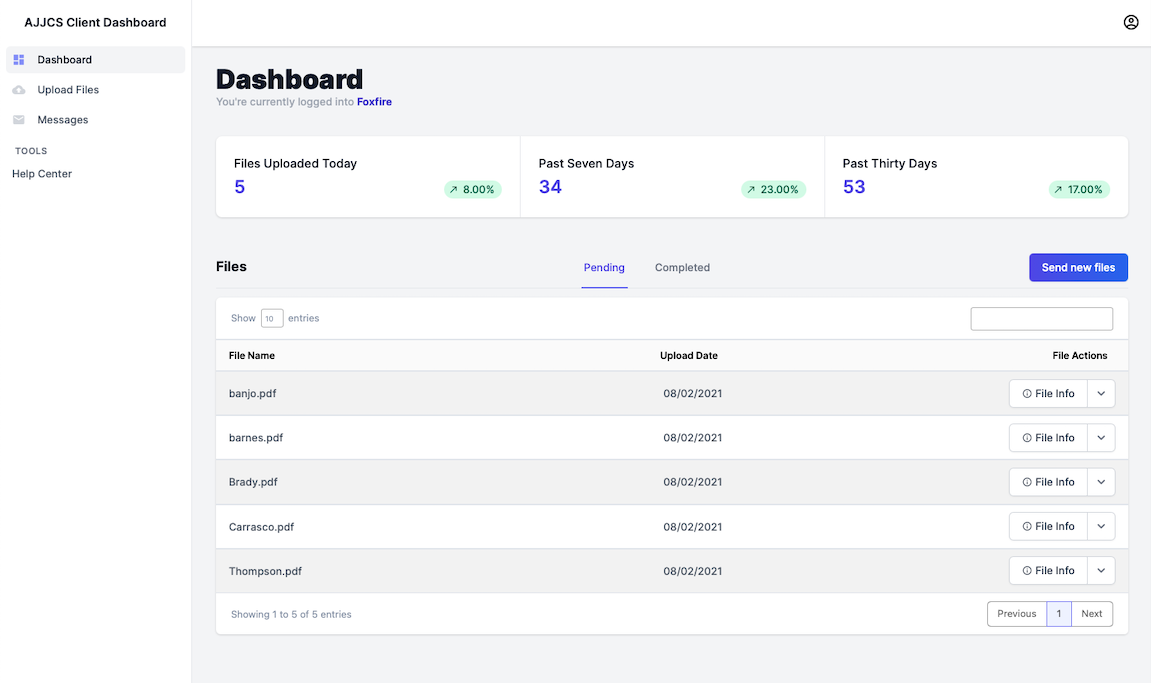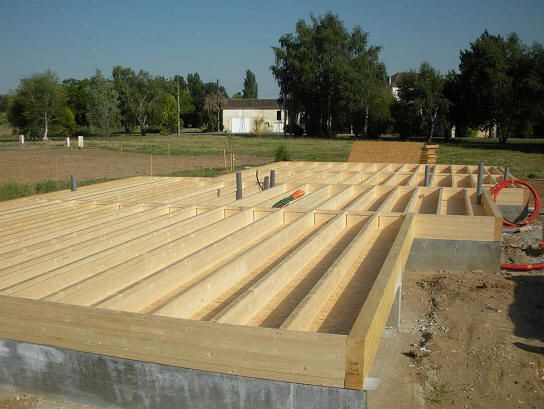

Germany protects renters’ rights and it is very difficult for landlords to terminate a tenancy. Following a change in the law, however, you must provide a separate document called a proof of residence certificate ( Wohnungsgeberbestätigung) in order to register.ĭon't forget that if you change your address in Germany, you will need to re-register.

Up until 2015, you were able to do this with just your signed rental contract. Once you have found a room, flat or house in Germany, one of the first things you need to do is register your address at your local citizens' office ( Bürgeramt). Kautionsklasse offers this service in Germany. In return, the company becomes liable for the deposit required by the landlord. Instead of paying a deposit, you pay a yearly subscription fee to the insurance provider. Ideal if you're a student and a bit strapped for cash, a rent deposit insurance scheme is a kind of guarantee set up between you and an insurance company or bank.
#TENANT PRO 6 CONSULTANTING PLUS#
At the end of your tenancy, your landlord must pay back the deposit, plus any interest accrued in the meantime. The landlord is obliged to keep your deposit separate from their other assets, for example by putting it in a special savings account. The exact amount will be specified in your tenancy agreement, but it legally cannot exceed three months’ rent. Renters usually have to pay a deposit before moving in, to protect the landlord against any damage or non-payment of rent. It is worth noting that, if your landlord charges you stepped rent, additional rent increases are not permitted.


A schedule for any rent increases will be included in your tenancy agreement. Some landlords, therefore, charge “stepped rent” ( Staffelmiete), that increases gradually over time. Legally, your landlord cannot increase your rent within the first 12 months of your tenancy contract, or by more than 20% (15% in some federal states) over a three-year period. Your tenancy agreement will also lay out any provision for future rent increases. Rent increases & Stepped rent ( Staffelmiete) Make sure you understand what is and is not included, to avoid any unexpected costs in future. Your rent will either be “cold” ( Kaltmiete - rent only) or “warm” ( Warmmiete - including service costs for the building and sometimes utilities ( Nebenkosten) such as gas, electricity, service costs, internet and phone bills). The most common way of paying your rent is by transferring it to your landlord’s bank account. It will usually specify a payment date and a preferred method of payment. Your rental contract will set out exactly how much rent you are expected to pay. “stepped rent” ( Staffelmiete - see below)


 0 kommentar(er)
0 kommentar(er)
